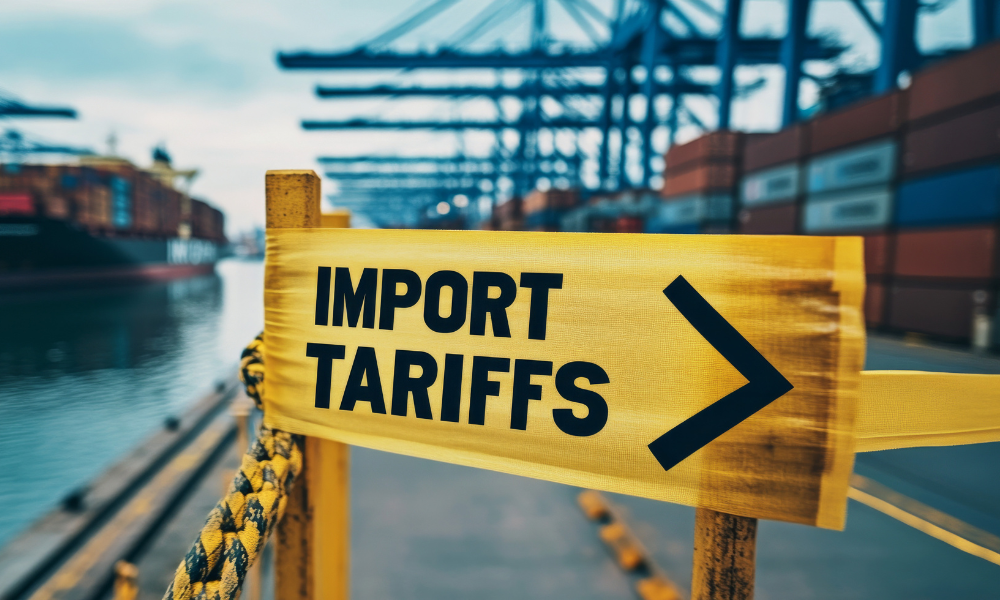US dollar jumps and global stocks surge after US and China agree to 90-day truce on trade tariffs

A temporary truce in the US-China trade war triggered a relief rally in global stock markets on Monday and pushed the US dollar higher, though investor caution lingered over the long road ahead for further negotiations and the risk of a global slowdown, according to Reuters.
Following two days of talks with Chinese officials in Geneva, US Treasury Secretary Scott Bessent announced a 90-day pause in tariffs.
Under the agreement, US tariffs on Chinese goods will remain at 30 percent from May 14 to August 12, while Chinese duties on US imports stand at 10 percent.
Bessent said the move cut tariffs by over 100 percentage points, surpassing investor expectations going into the meeting.
The US dollar strengthened by over 1 percent against a basket of major currencies, while traditional safe-haven assets such as the yen, Swiss franc, gold and government bonds weakened.
US equities surged, with the S&P 500 closing up 3.3 percent and the Nasdaq Composite rising more than 4 percent. Meanwhile, MSCI’s index of global shares rose more than 2 percent.
US Treasury prices fell, pushing the 10-year yield to 4.48 percent—its highest level in about a month—as investors shifted from safe havens to risk assets.
The Cboe Volatility Index dropped below 20 for the first time since late March.
John Praveen, managing director at Paleo Leon in Princeton, New Jersey, called it a relief rally, saying “the worst case scenario in tariffs, being tariffs over 100 percent, is not likely to materialize.”
He added that while zero tariffs may not happen, “the worst case is unlikely” and “we've pulled back from the brink.”
However, the optimism was tempered by warnings that a permanent trade agreement is still needed, and higher tariffs could continue to weigh on the global economy.
“It's long-term positive plus 90 days of uncertainty,” said Charles Wang, chair of Shenzhen Dragon Pacific Capital Management Co.
Michael Metcalfe, head of macro strategy at State Street Global Markets in London, estimated that the deal implied an average effective tariff rate of about 15 percent.
“Given where expectations were, it's a net positive,” he said. “You basically reverse the reciprocal tariff announcement, and if you reverse the reciprocal tariff announcement you are back to square one.”
Earlier in the trade dispute, US President Donald Trump had imposed tariffs of 145 percent on Chinese imports. In retaliation, China raised tariffs on US goods to 125 percent and restricted exports of certain rare earth minerals.
These actions stalled nearly US$600bn in bilateral trade and disrupted supply chains, fuelling fears of a global economic downturn.
Trump's April 2 “Liberation Day” announcement of sweeping tariffs sparked a broad selloff in US assets, including the dollar and Treasuries.
According to Patrick Kaser, portfolio manager at Brandywine Global in Philadelphia, “It's still hard for companies to make decisions on spending.”
He added that while the market may be behaving as though the risk has disappeared, “I don't think that's how a lot of businesses and companies are going to view the situation.”
Markets had been watching for signs that Trump might shift his trade approach as economic data softened and central banks flagged risks from slower growth and inflation.
A recent deal with Britain, along with positive signals from Japan, Vietnam, and South Korea, contributed to a modest recovery in investor confidence, alongside easing geopolitical tensions.
“As we've seen since the start of April, lower trade uncertainty translates into lower equity market volatility, which in turn eases financial conditions and improves risk sentiment,” said Angelo Kourkafas, senior investment strategist at Edward Jones in St. Louis.
Jane Foley, head of FX strategy at Rabobank, said there was now more optimism that tariffs may not inflict the damage originally feared, though she cautioned against expecting a return to pre-Trump trade conditions.
“We still have a fair amount of uncertainty about where these tariffs will settle, their impact on world growth and central bank policy,” she said.
Metcalfe added that investor concerns may soon pivot away from trade and toward other policy issues, particularly the potential impact of Trump’s proposed tax cuts on US debt levels amid declining tariff revenues.
“The US-China trade deal doesn't mean the policy uncertainty has gone away, it's moved on to a new area,” he said.
Dean Smith, chief strategist at FolioBeyond in New York, noted that the Treasury market’s response was inconsistent with the administration’s objective to lower long-term yields on US government debt.
“Bessent's goal of getting long-term rates down is now in tatters,” he said.



